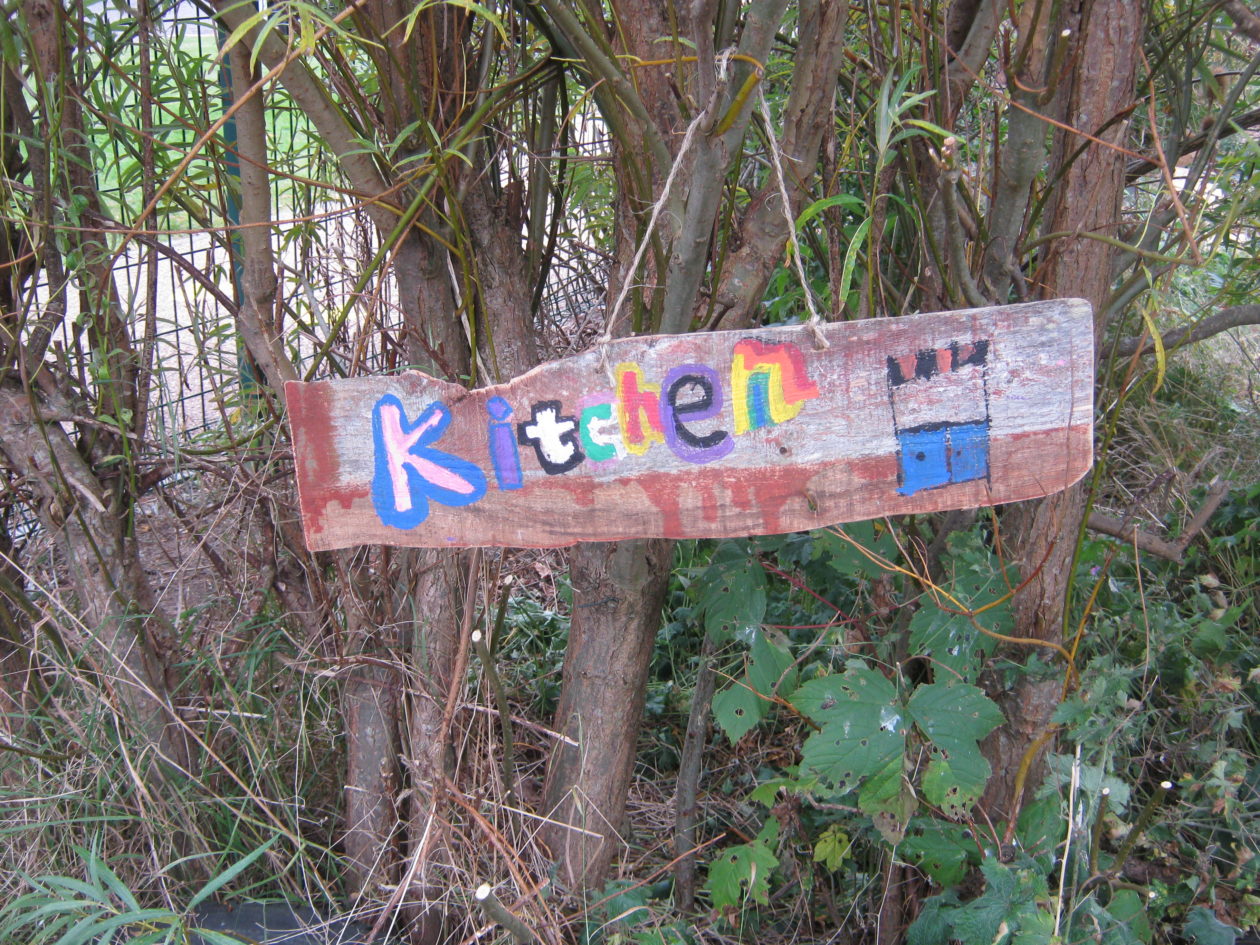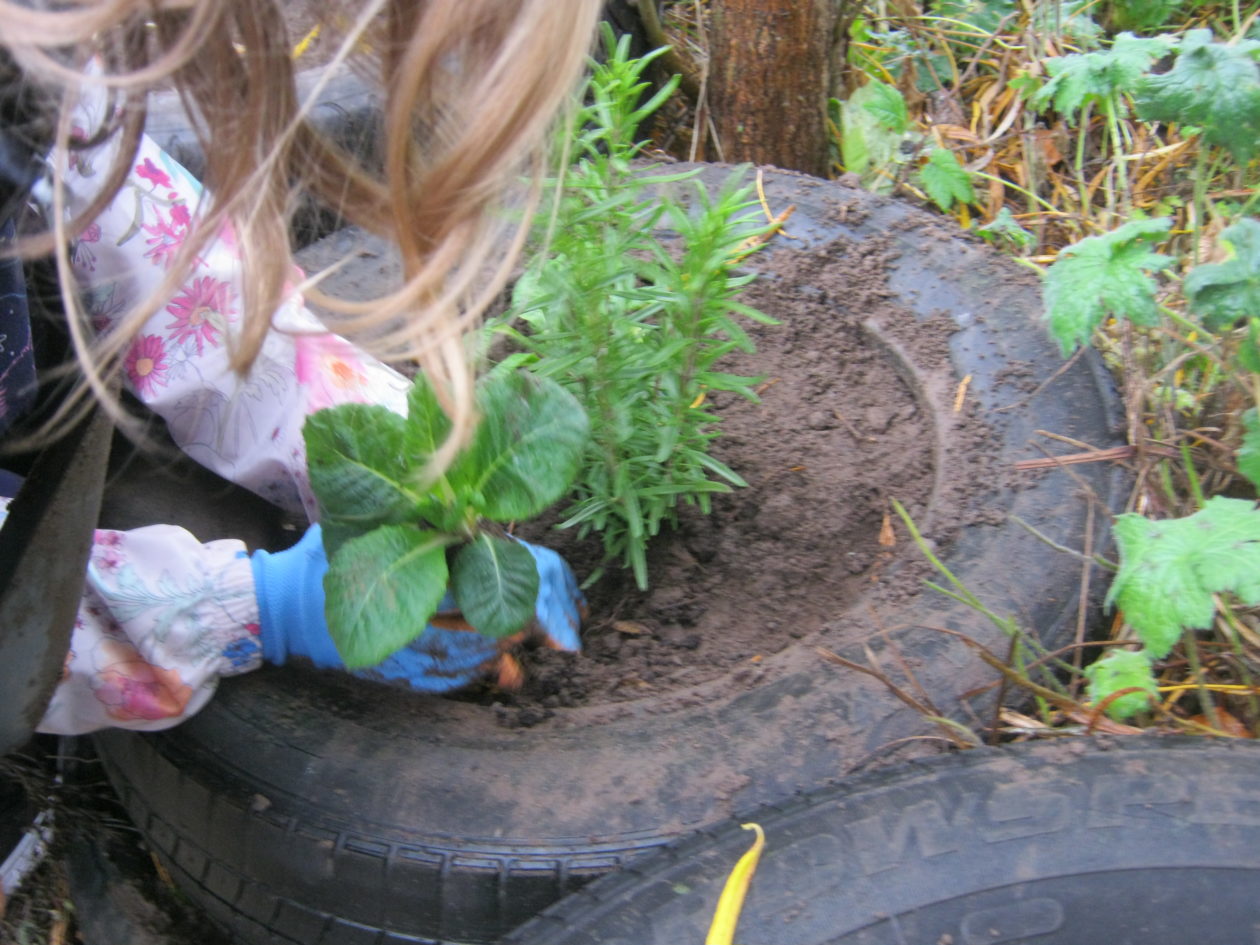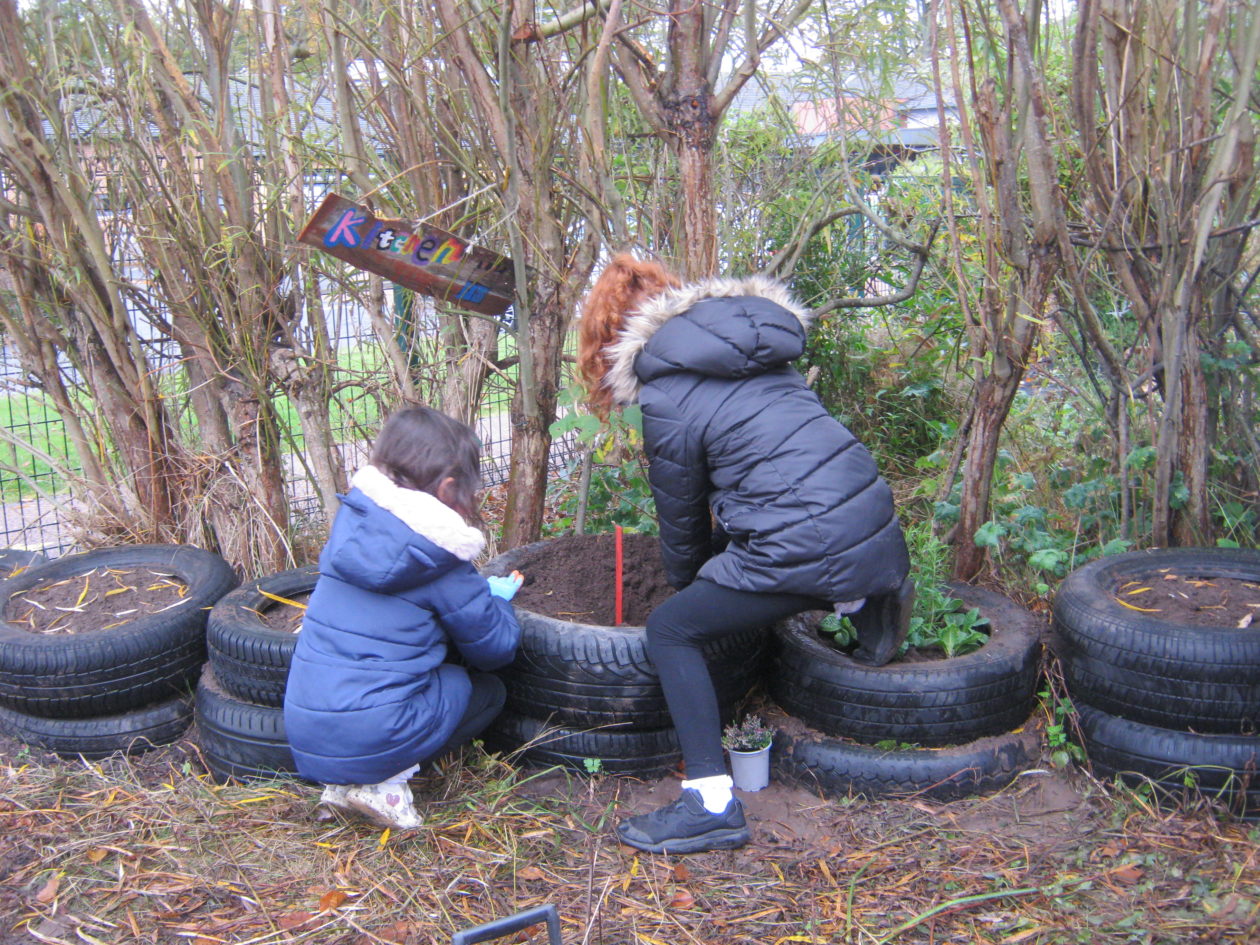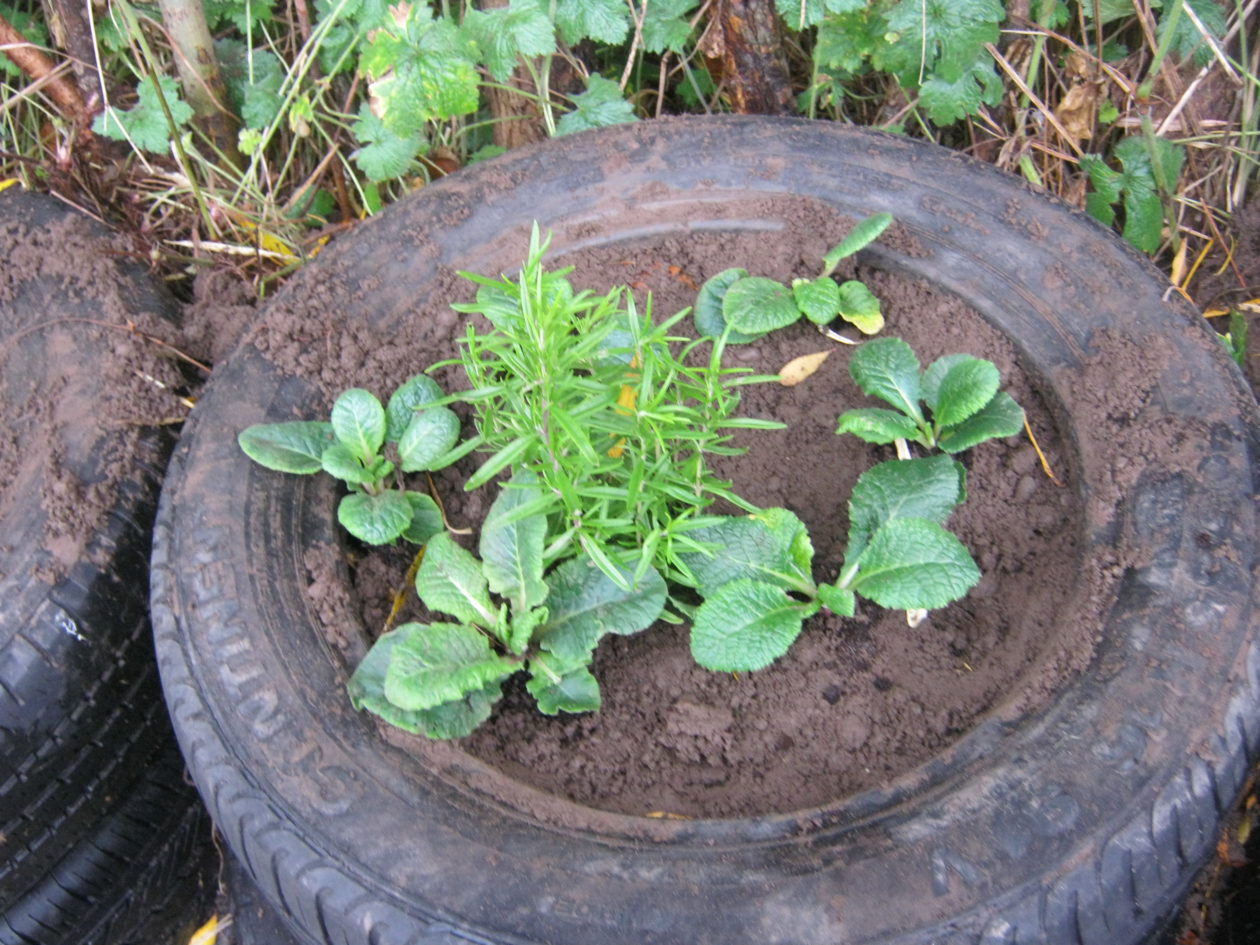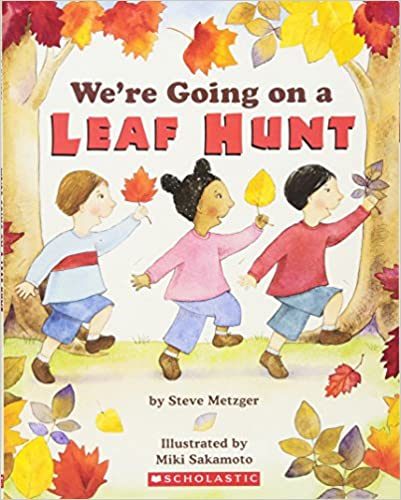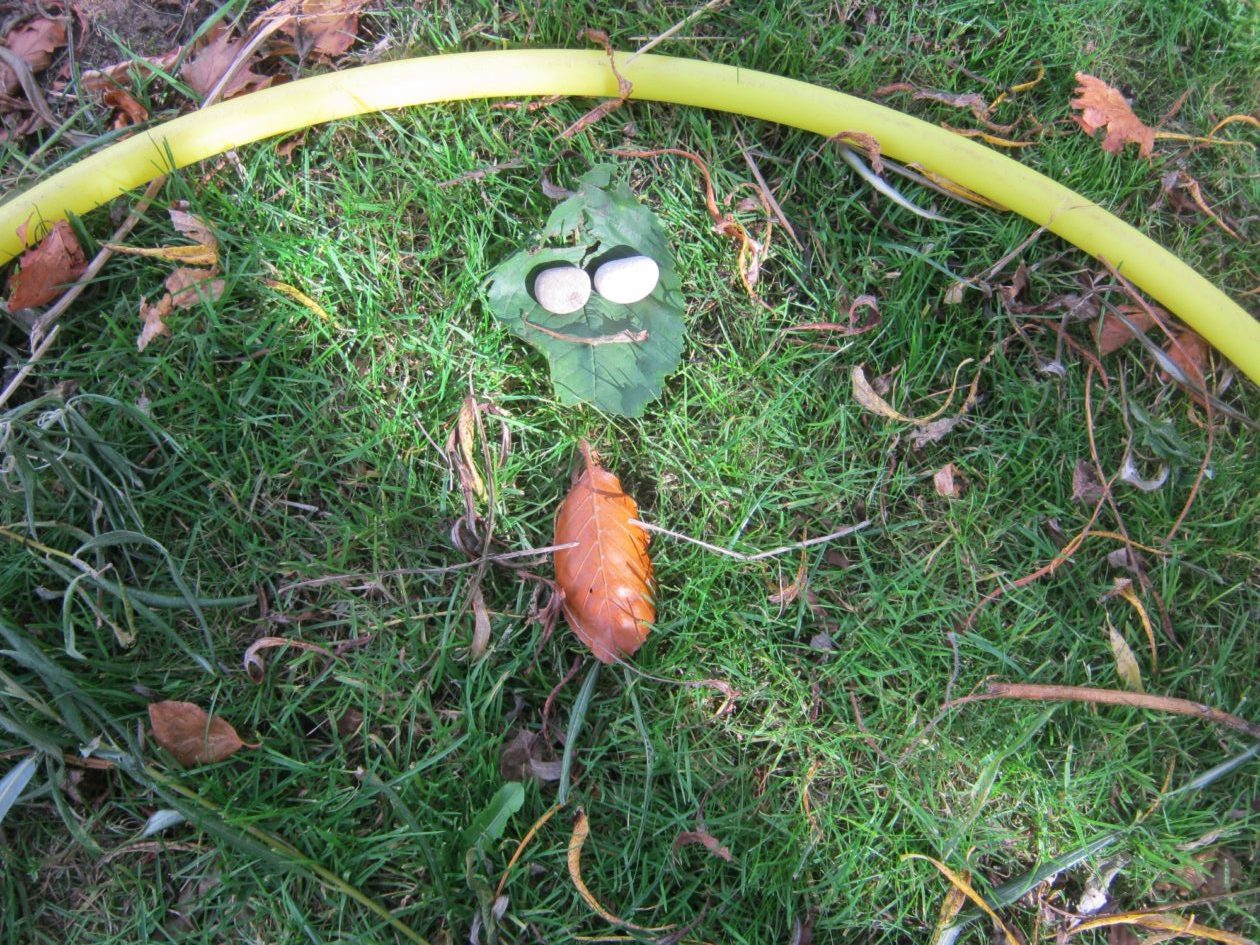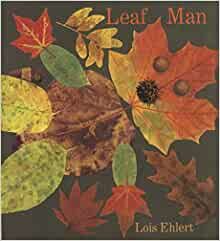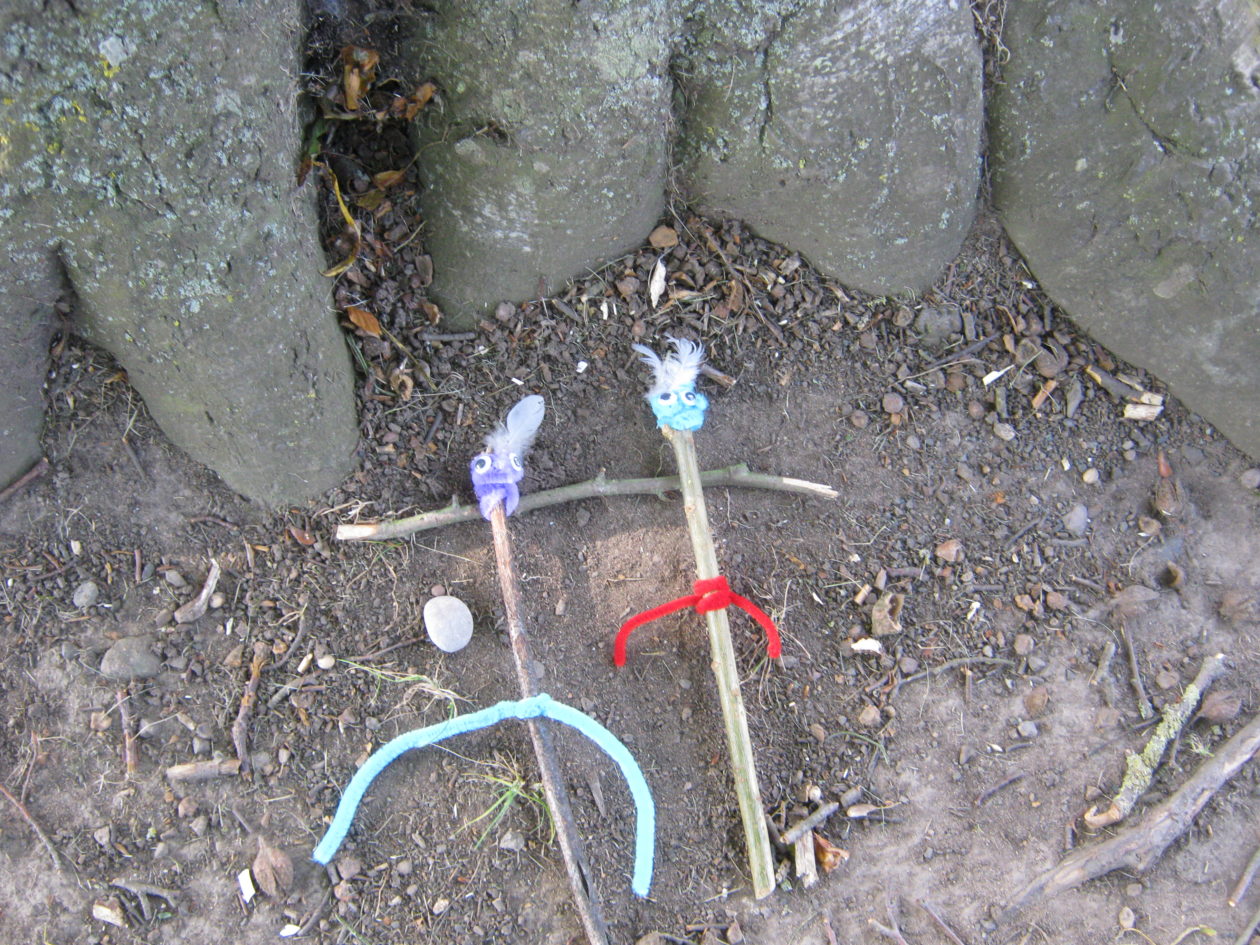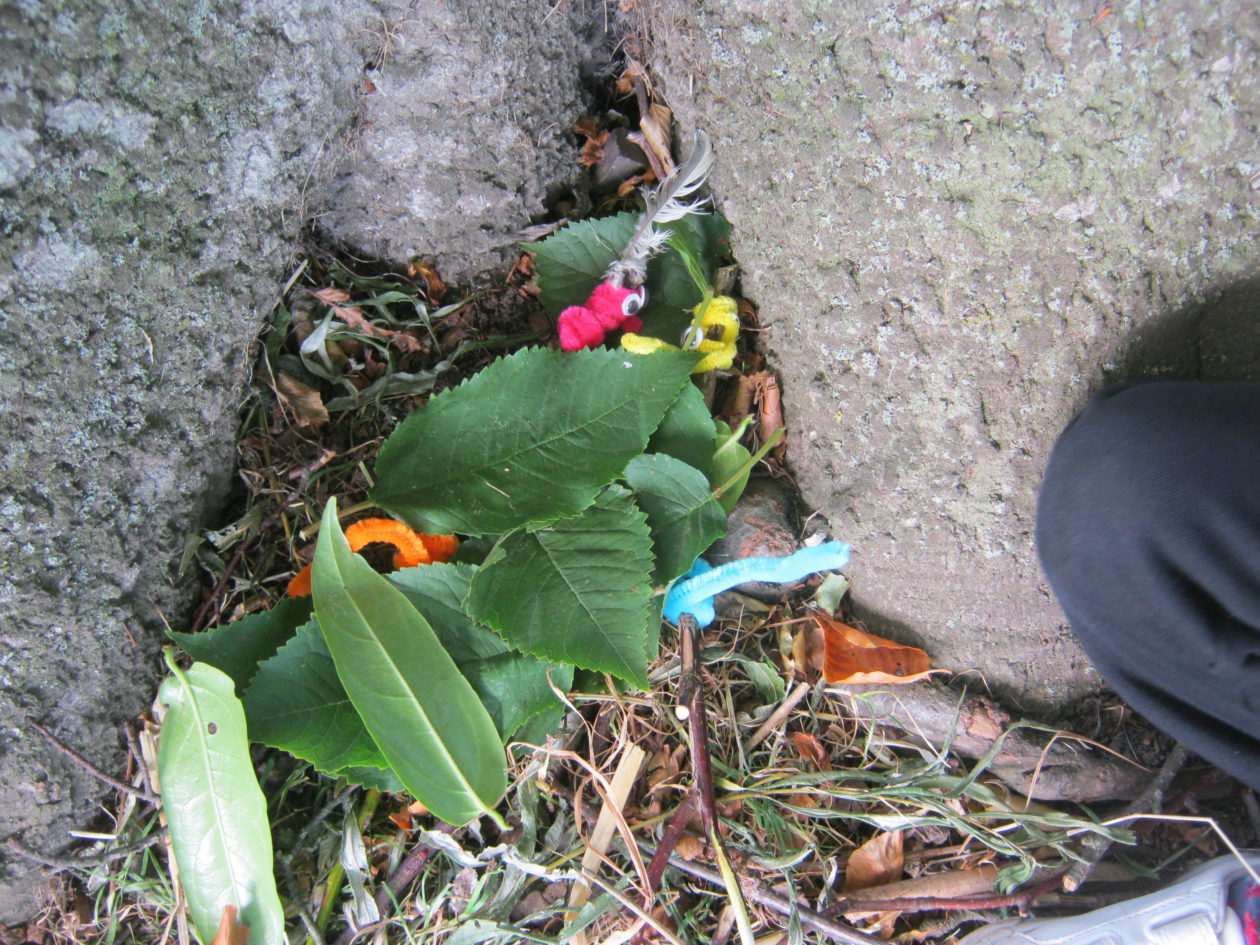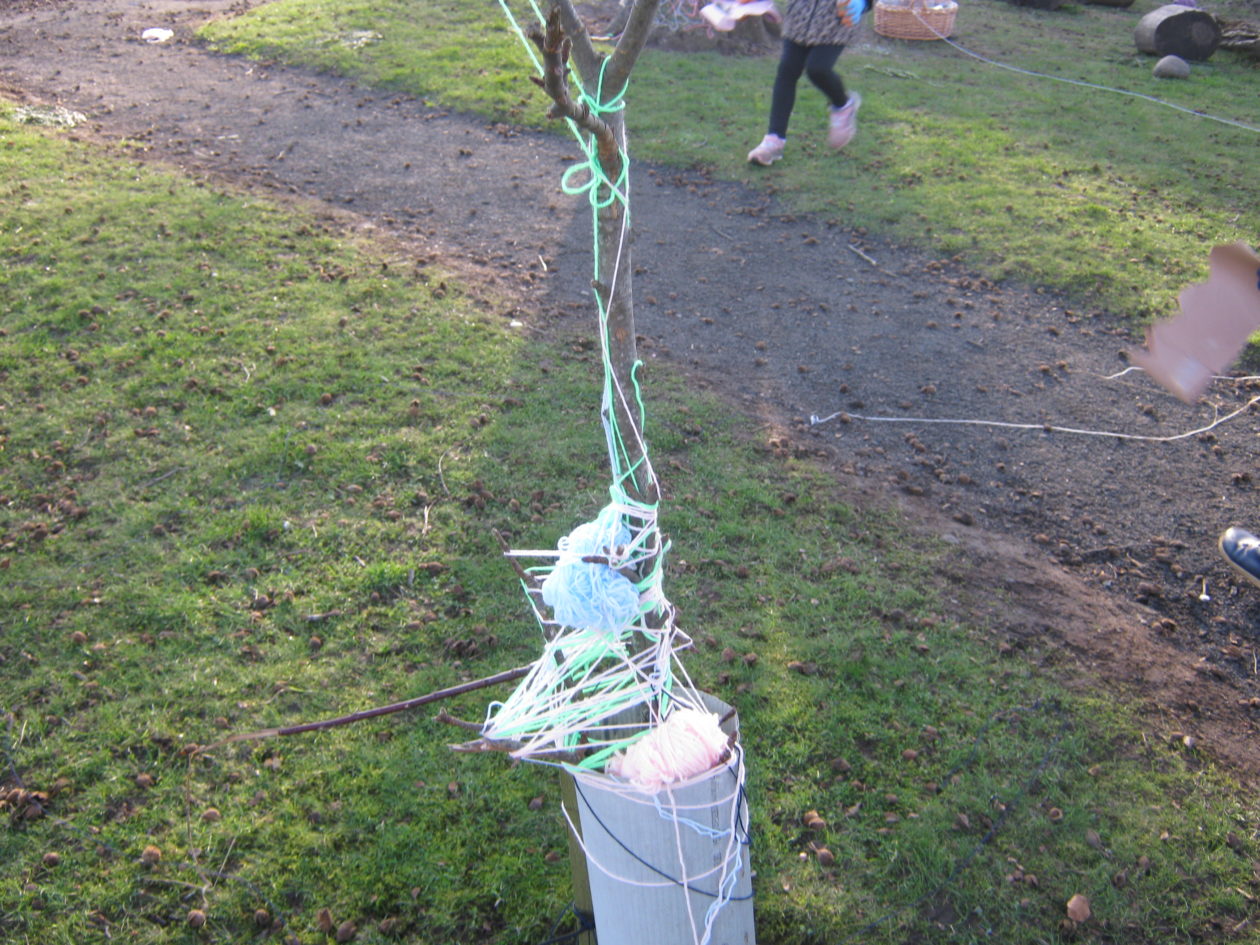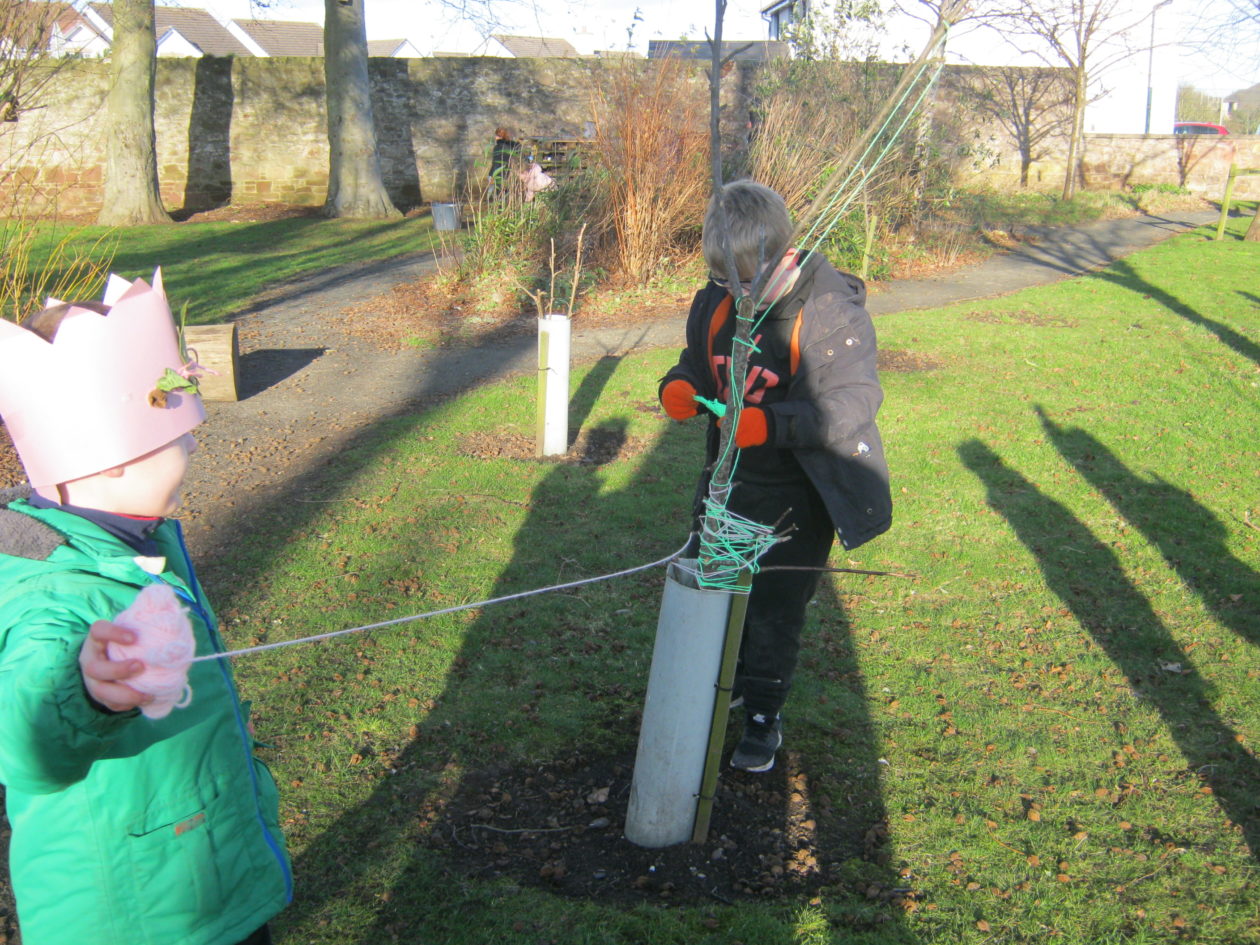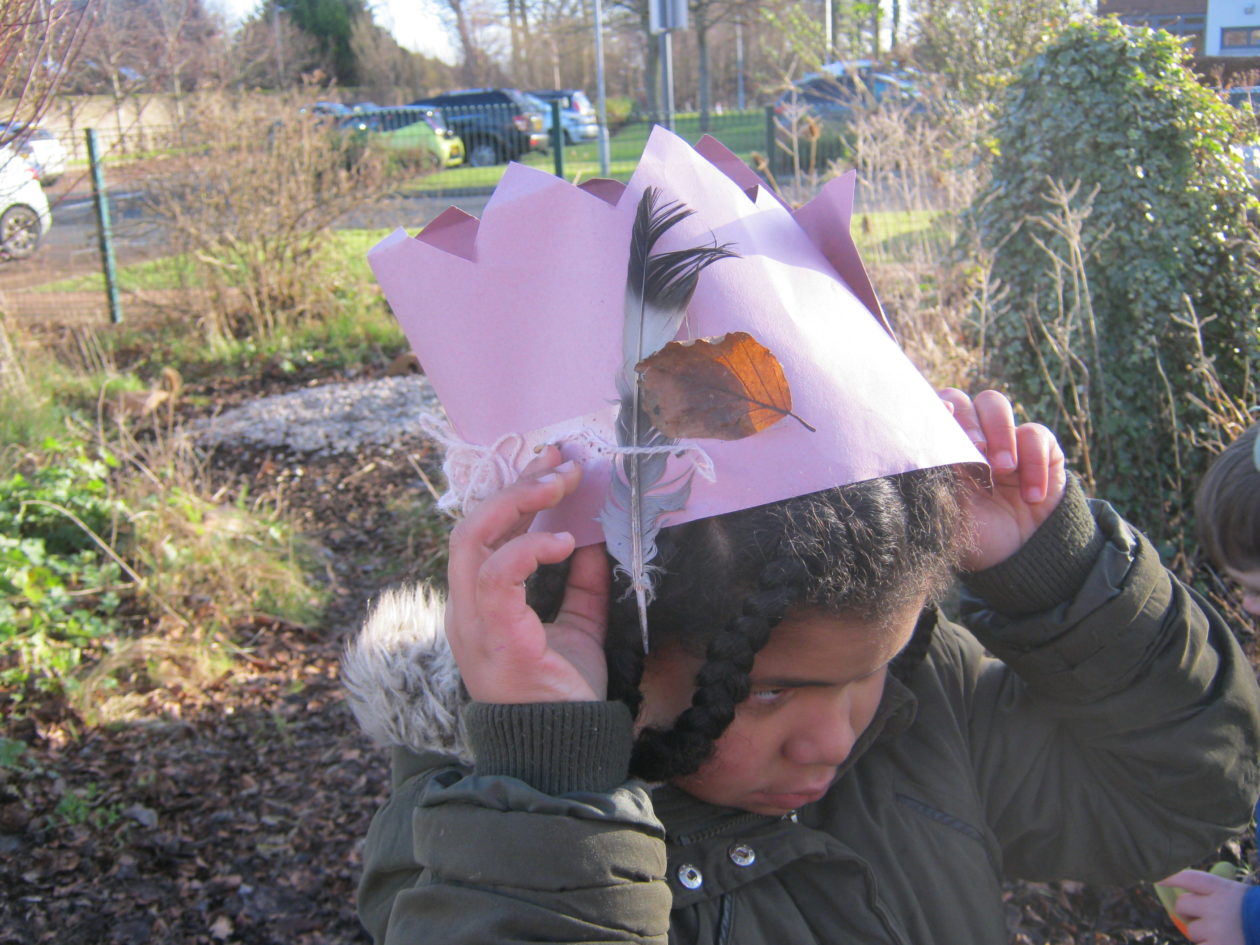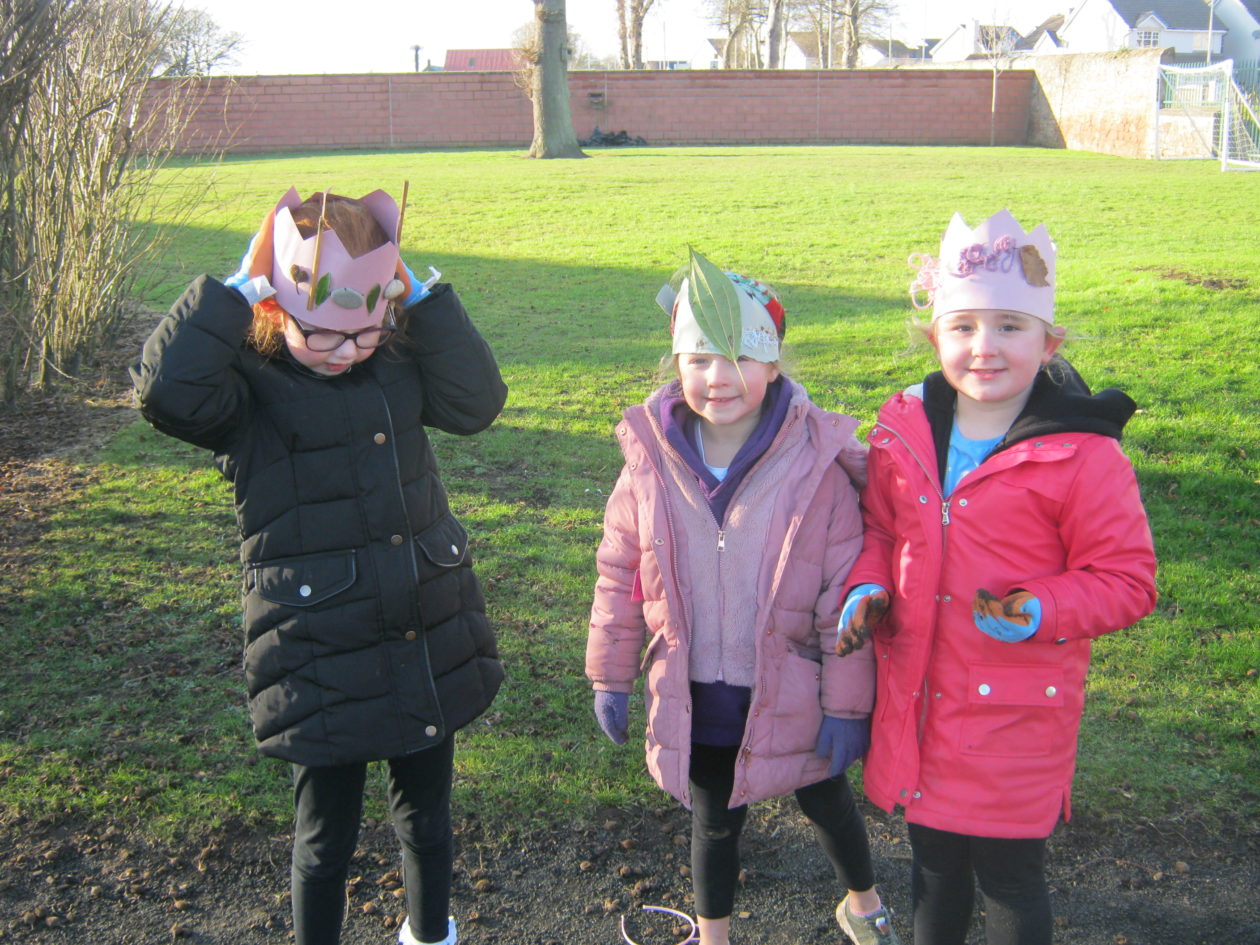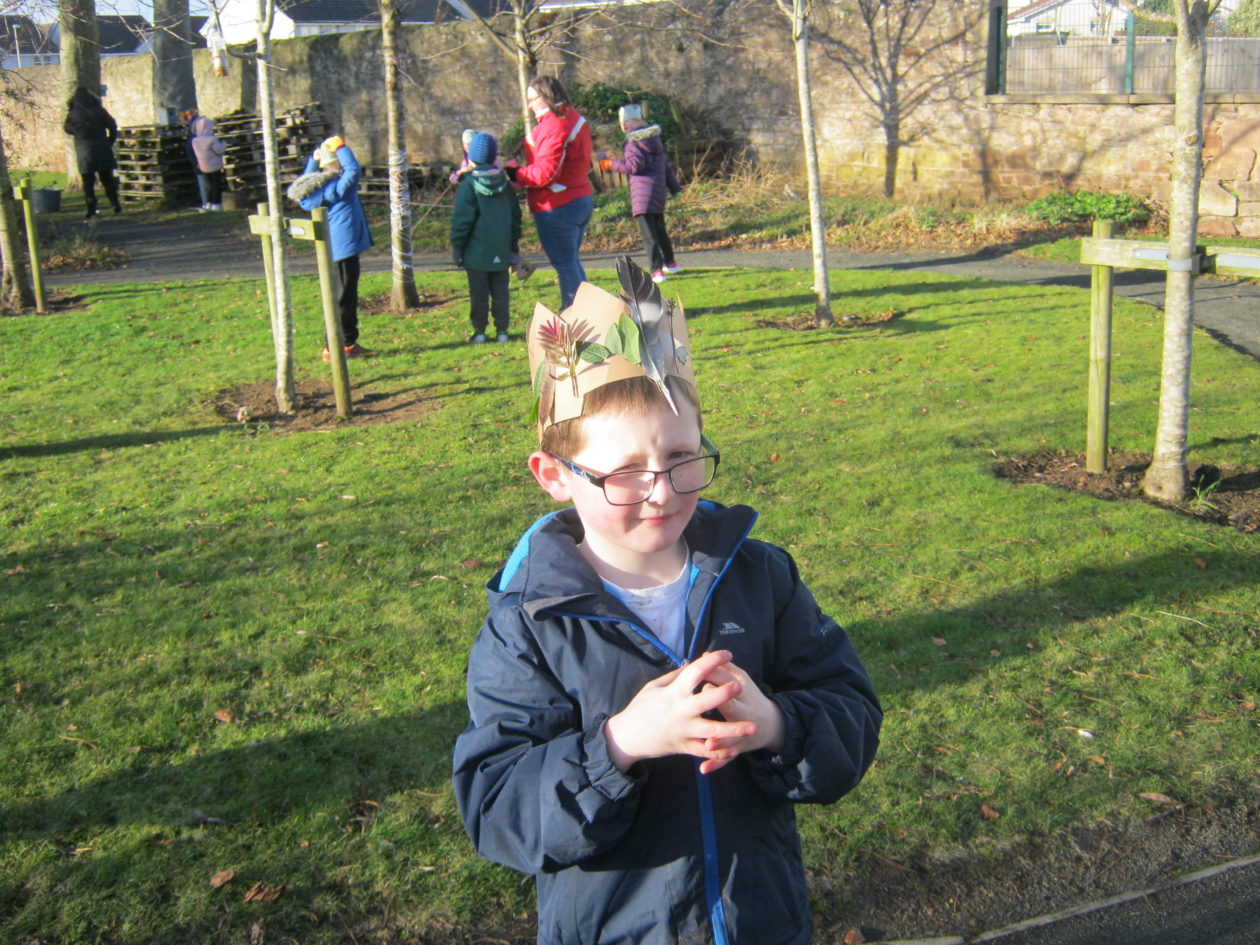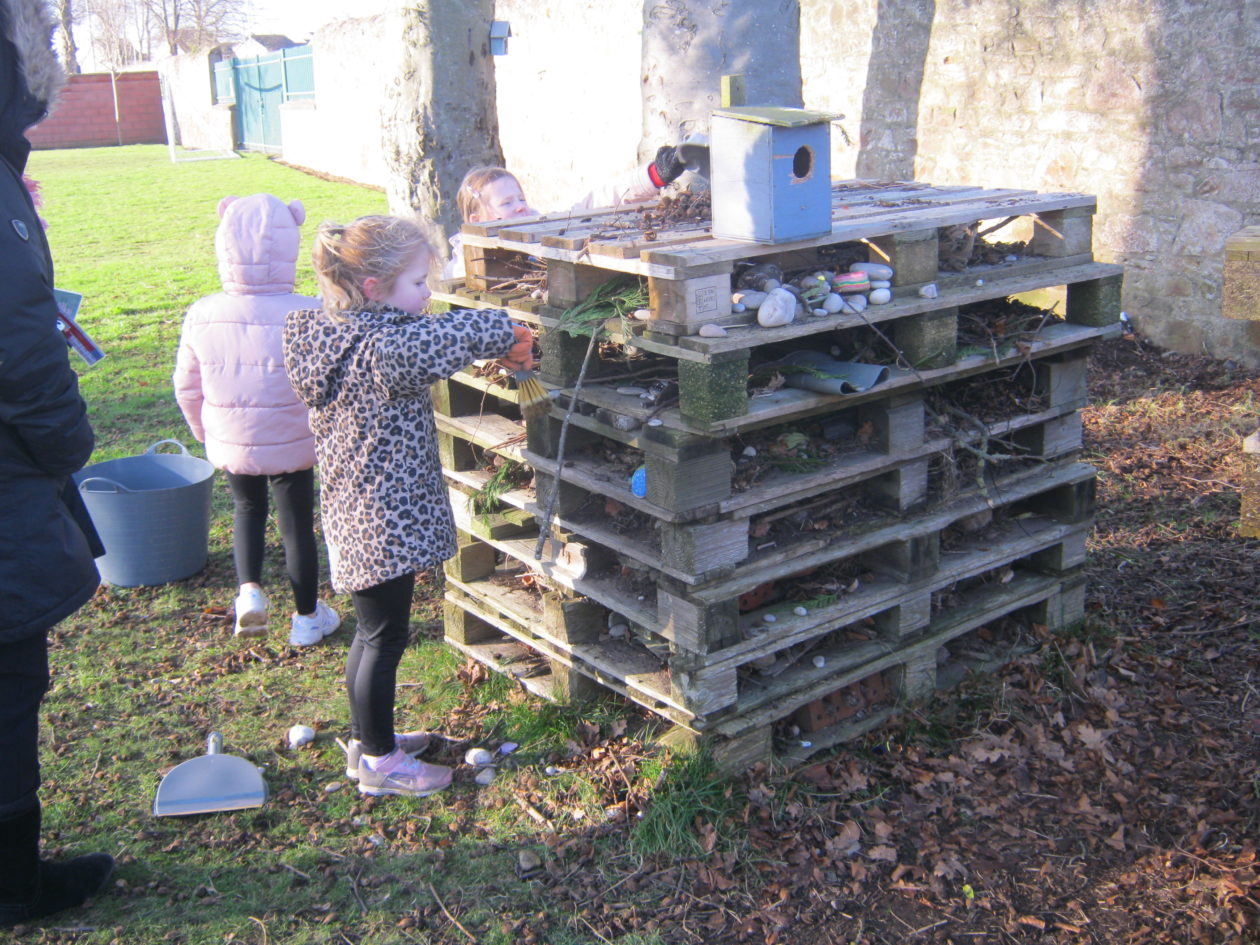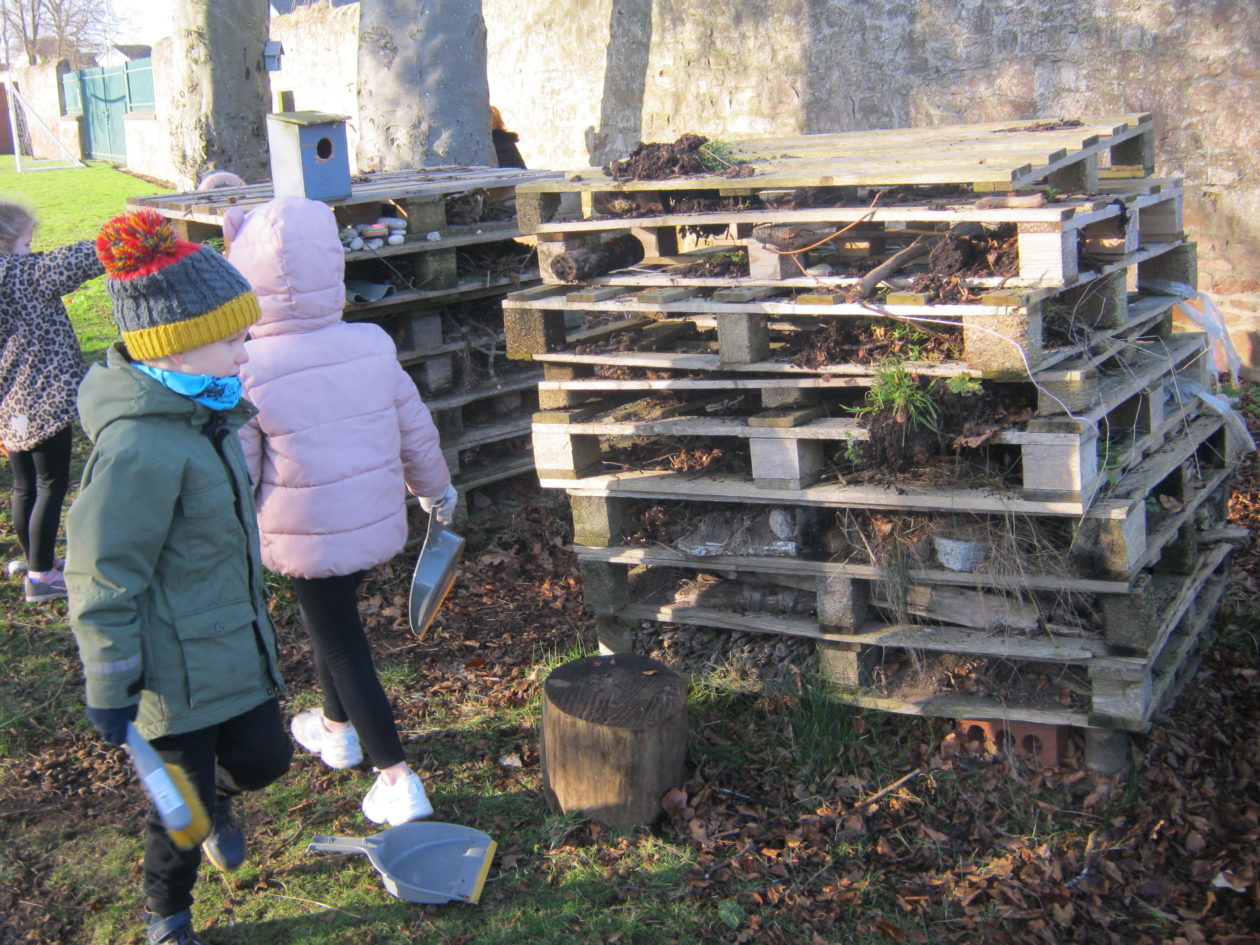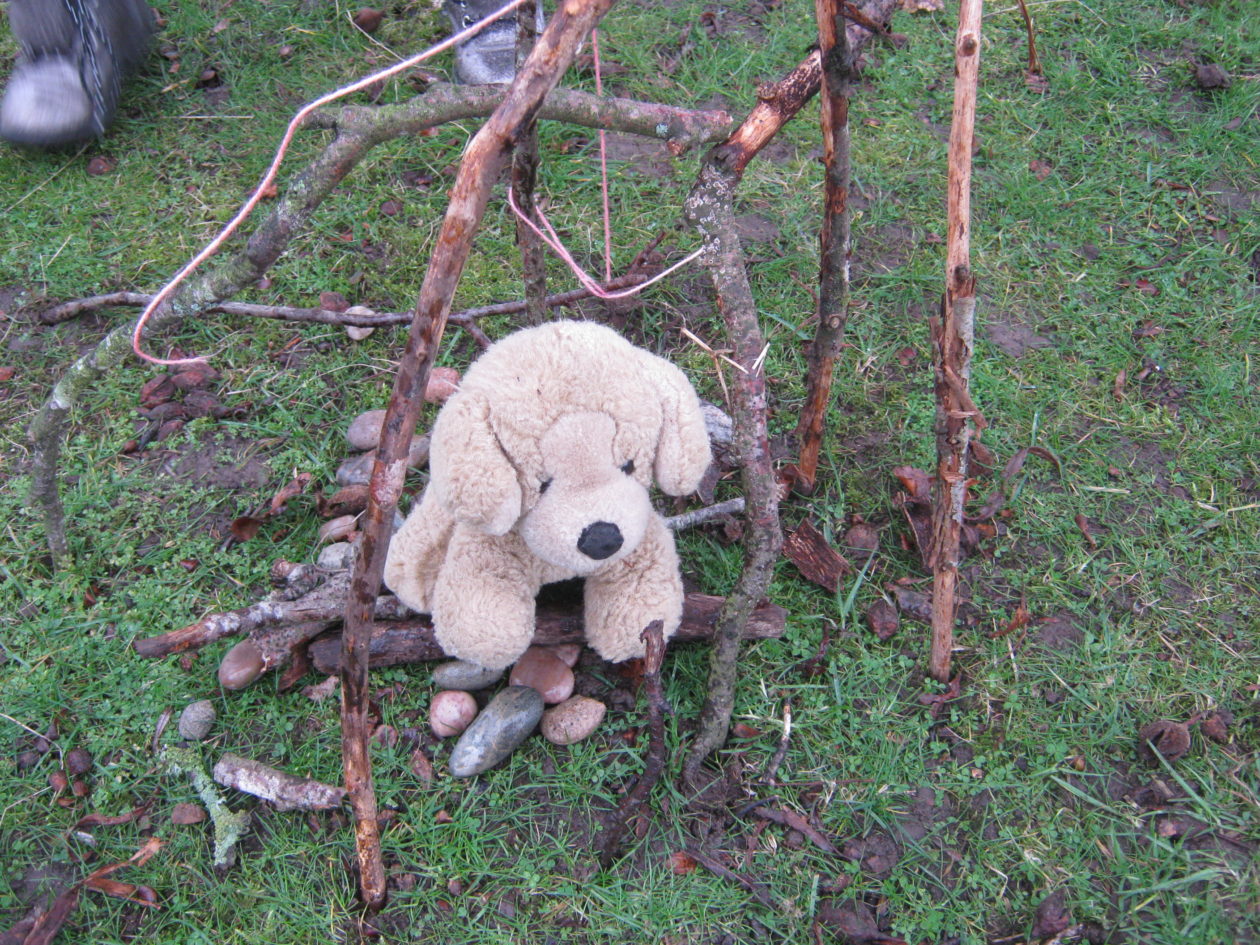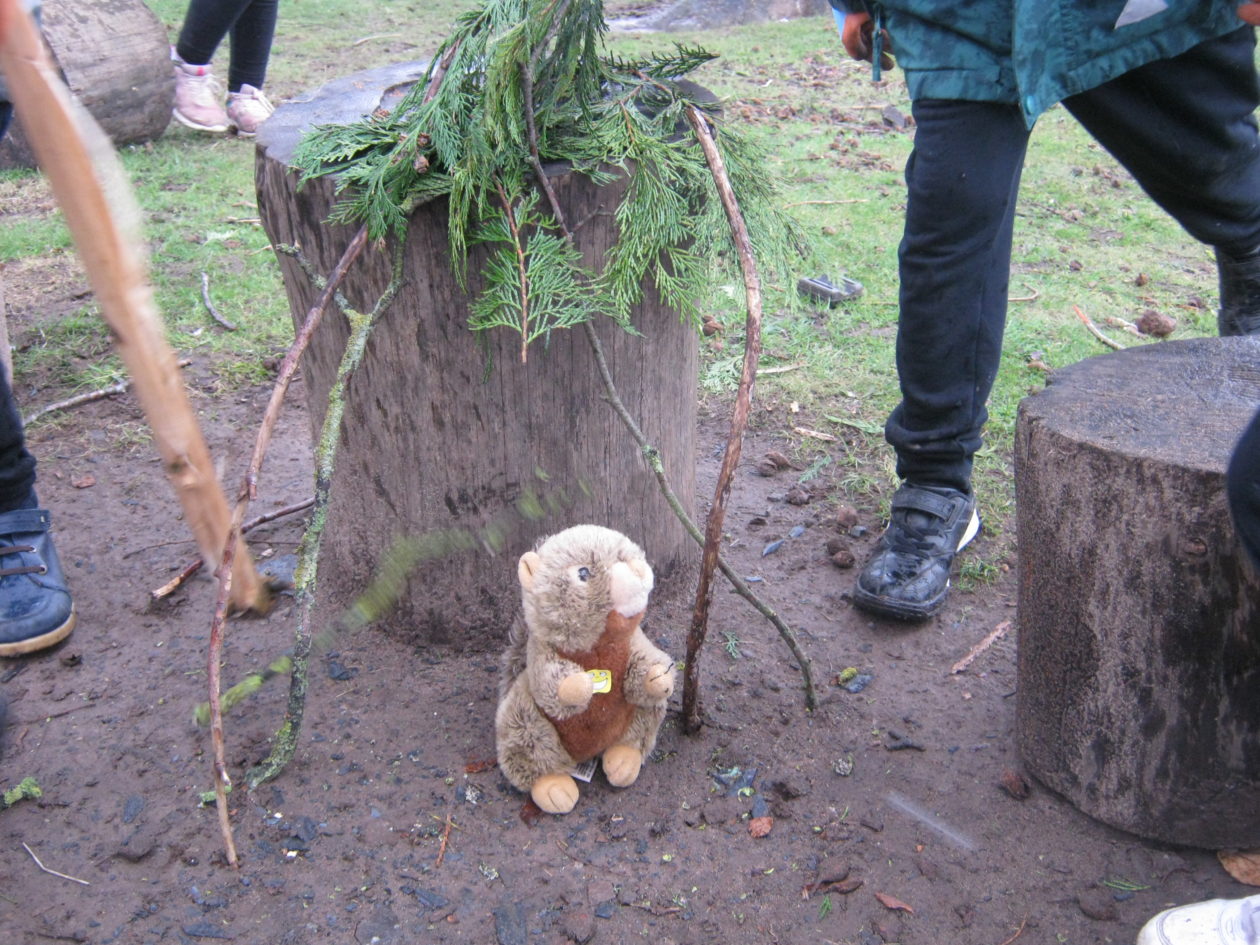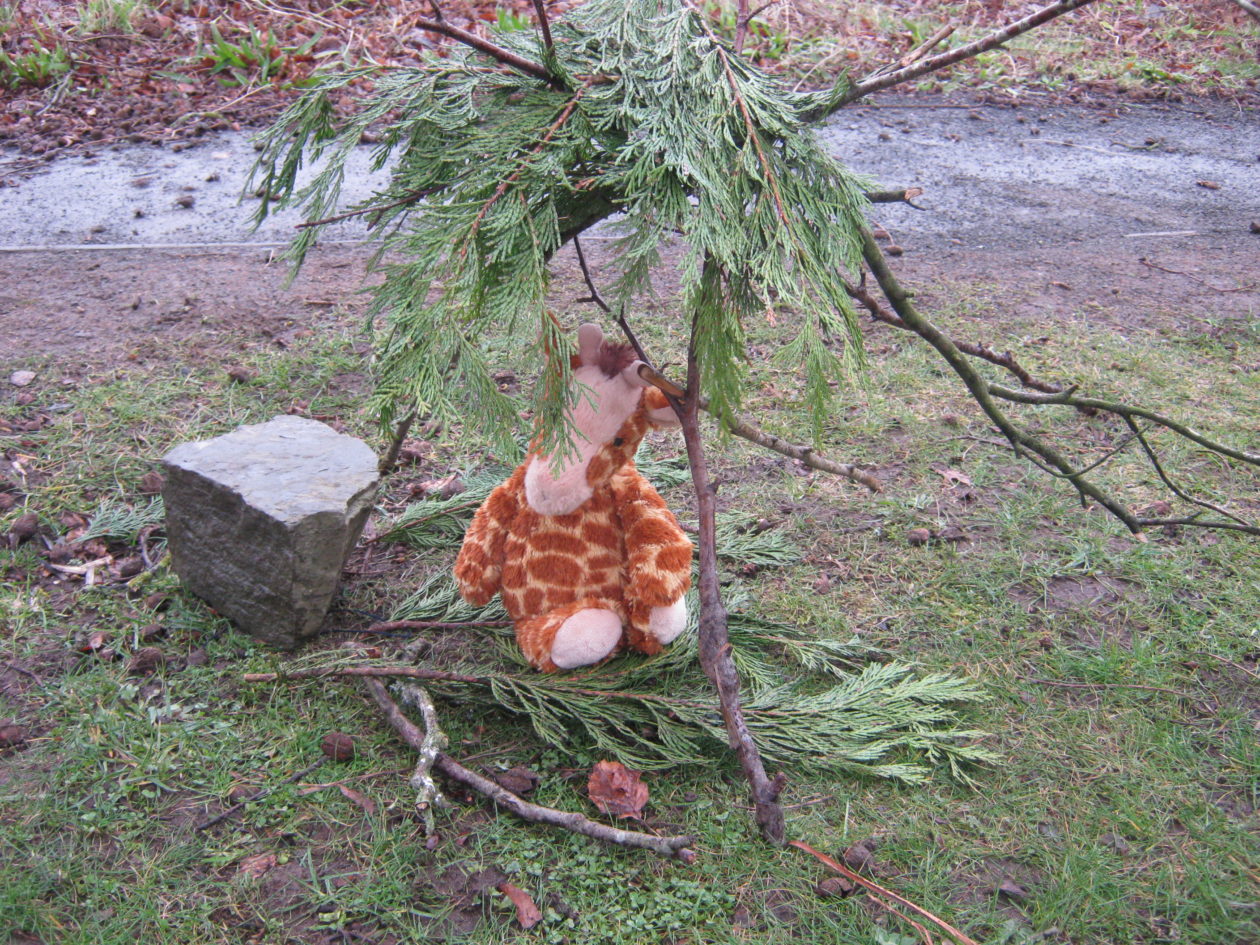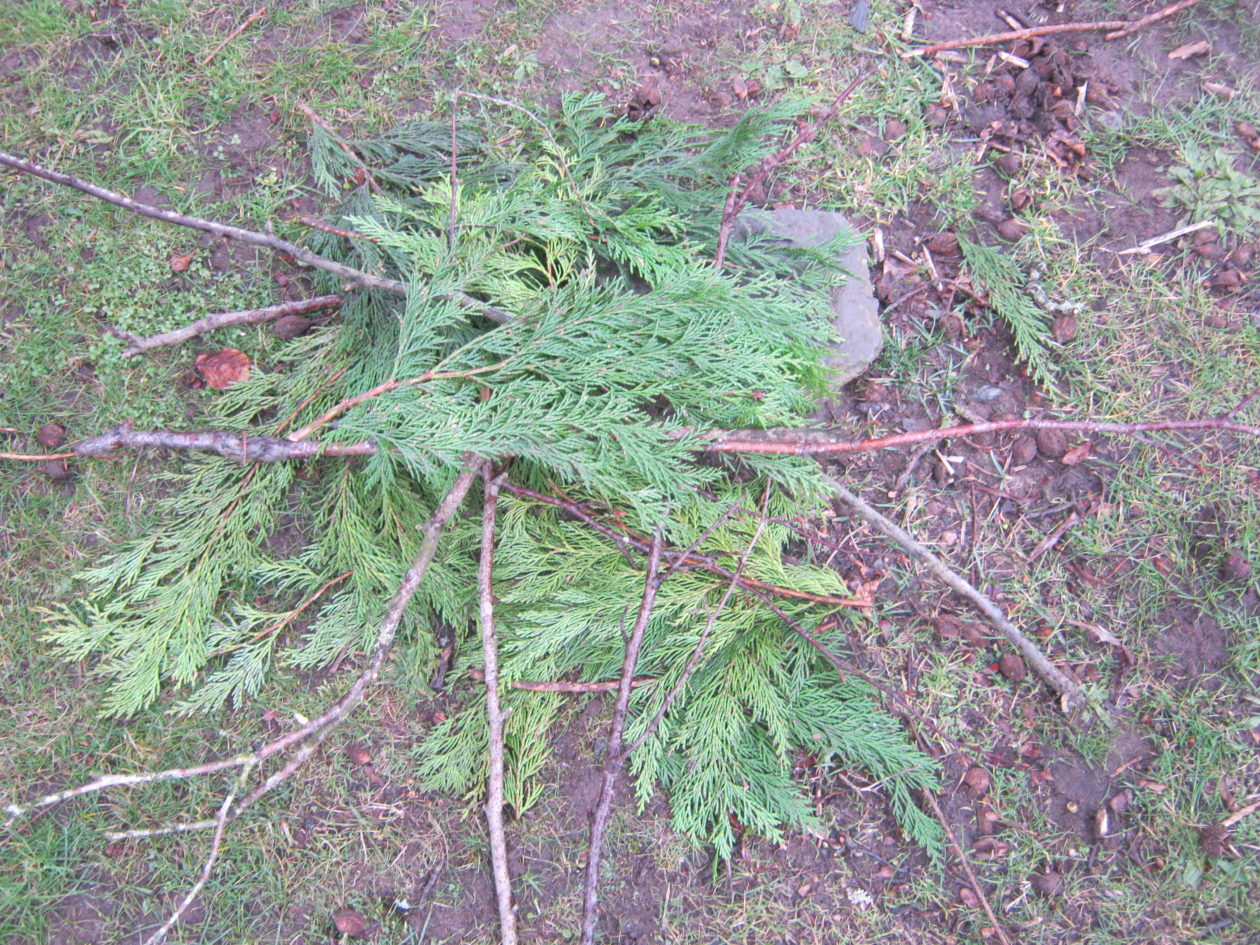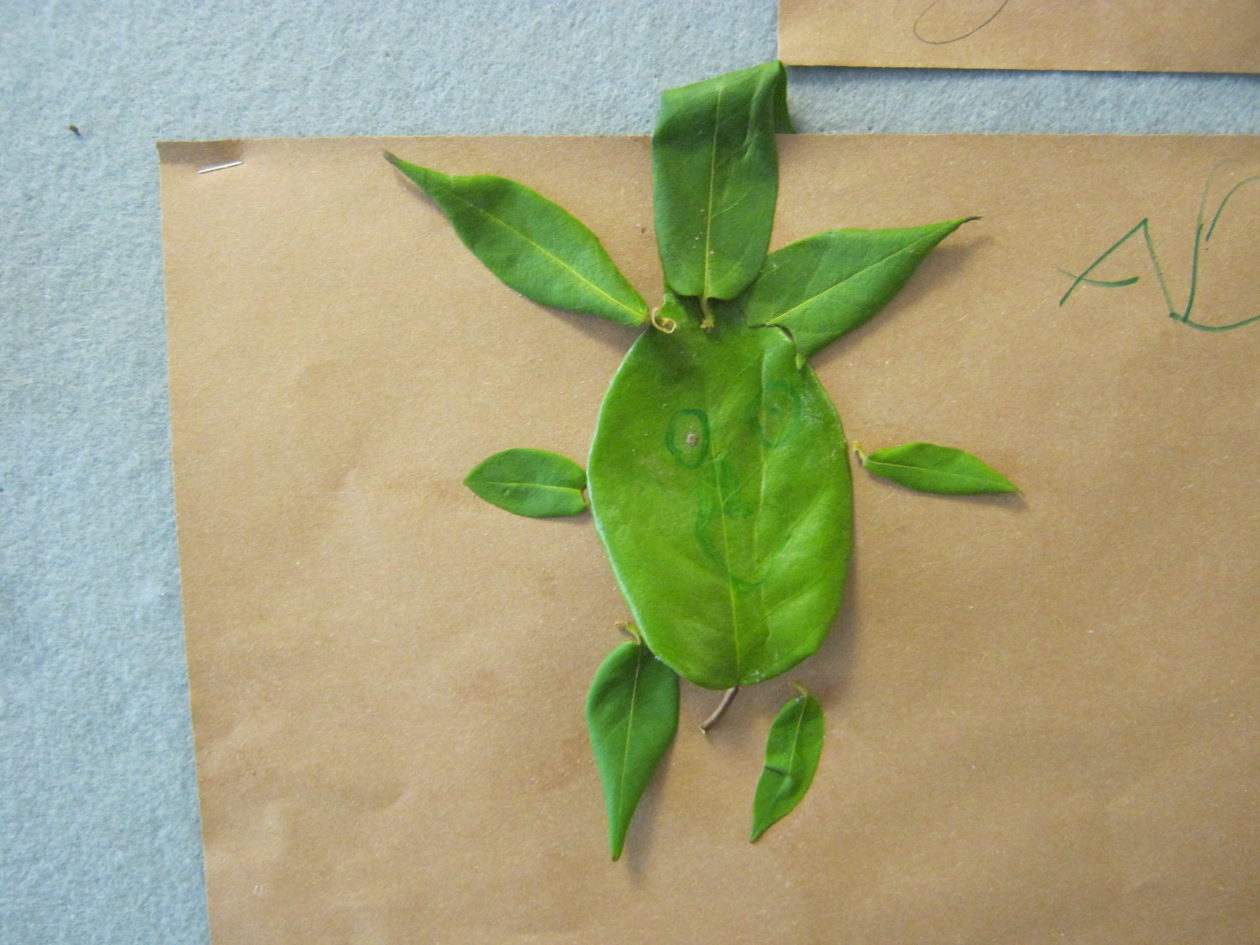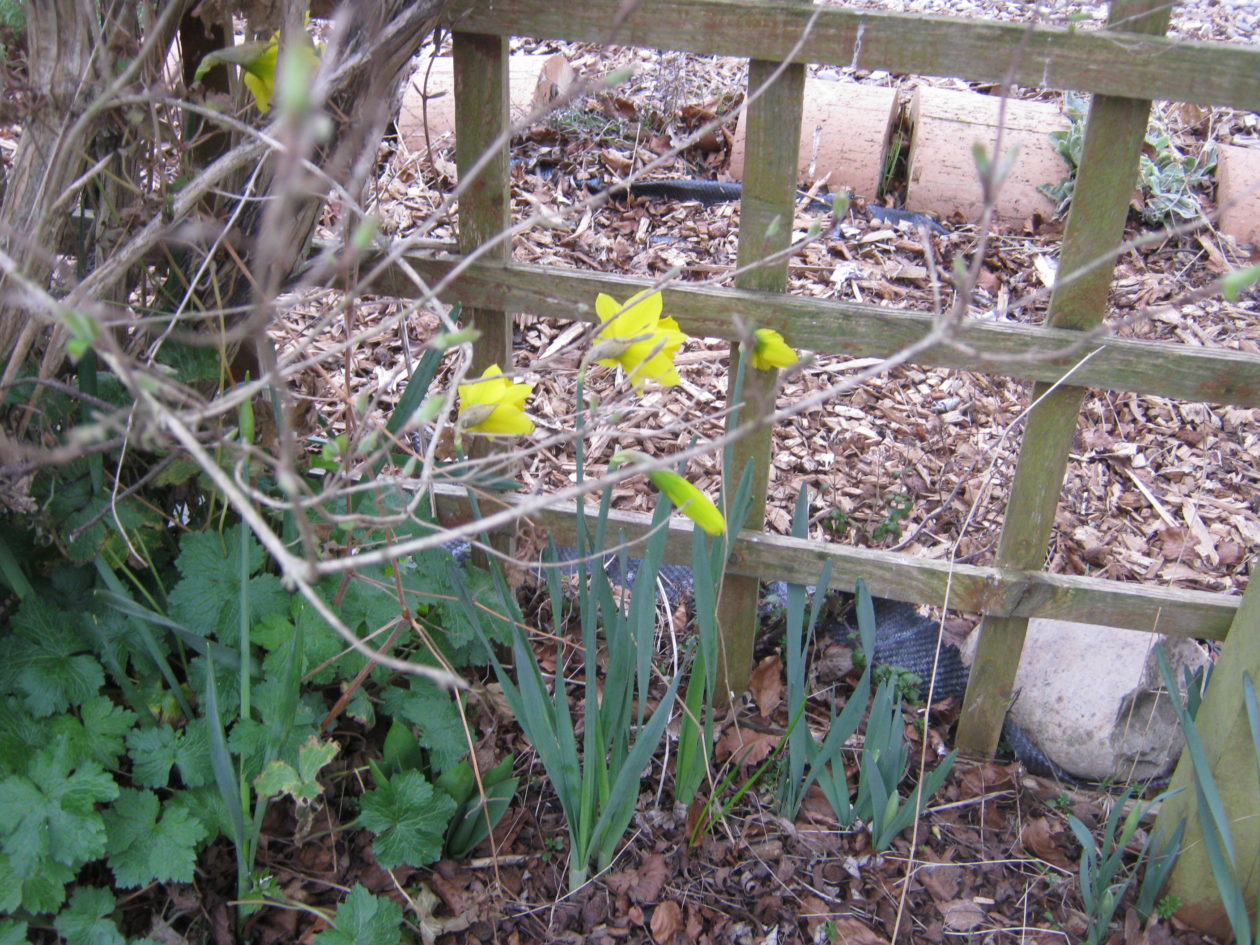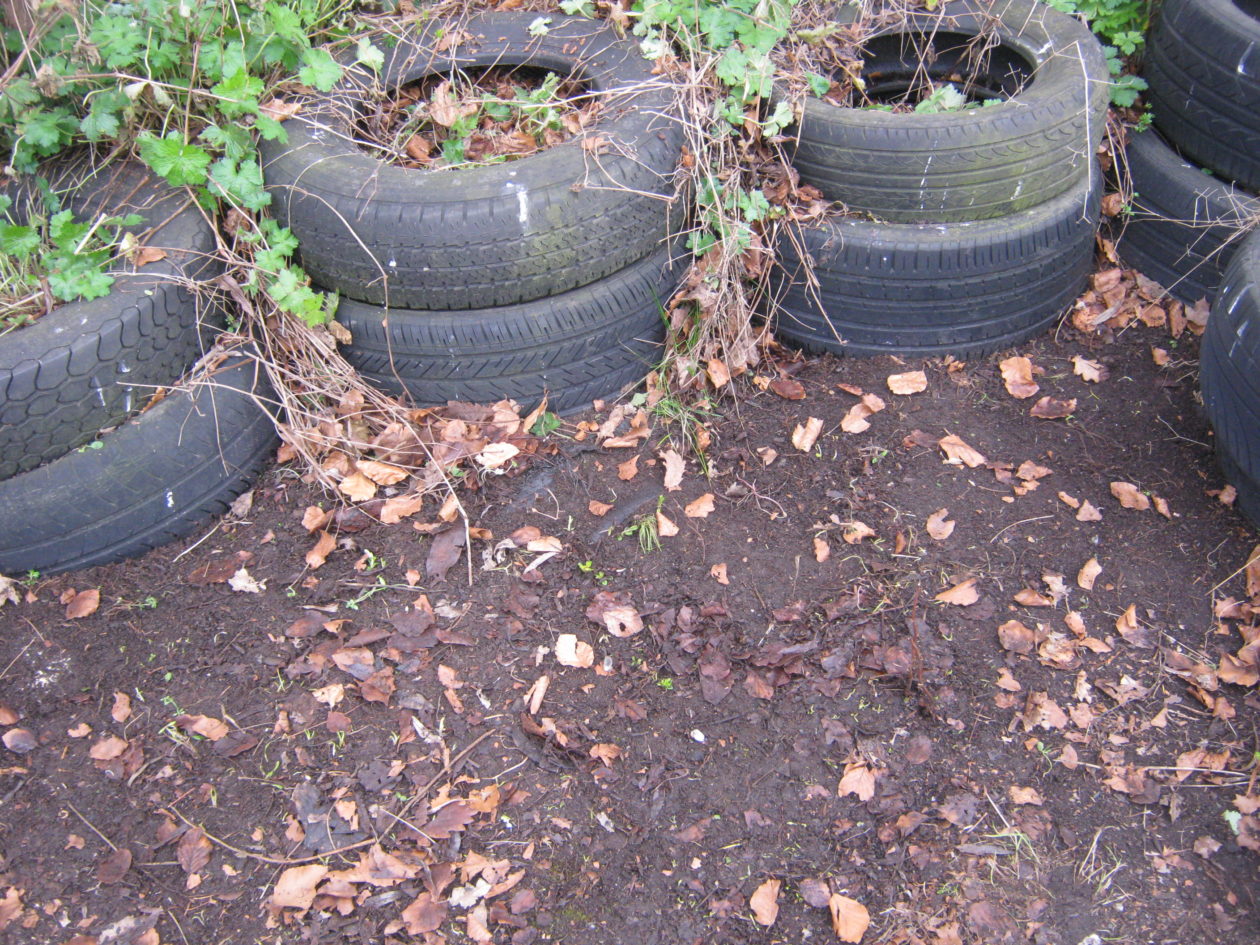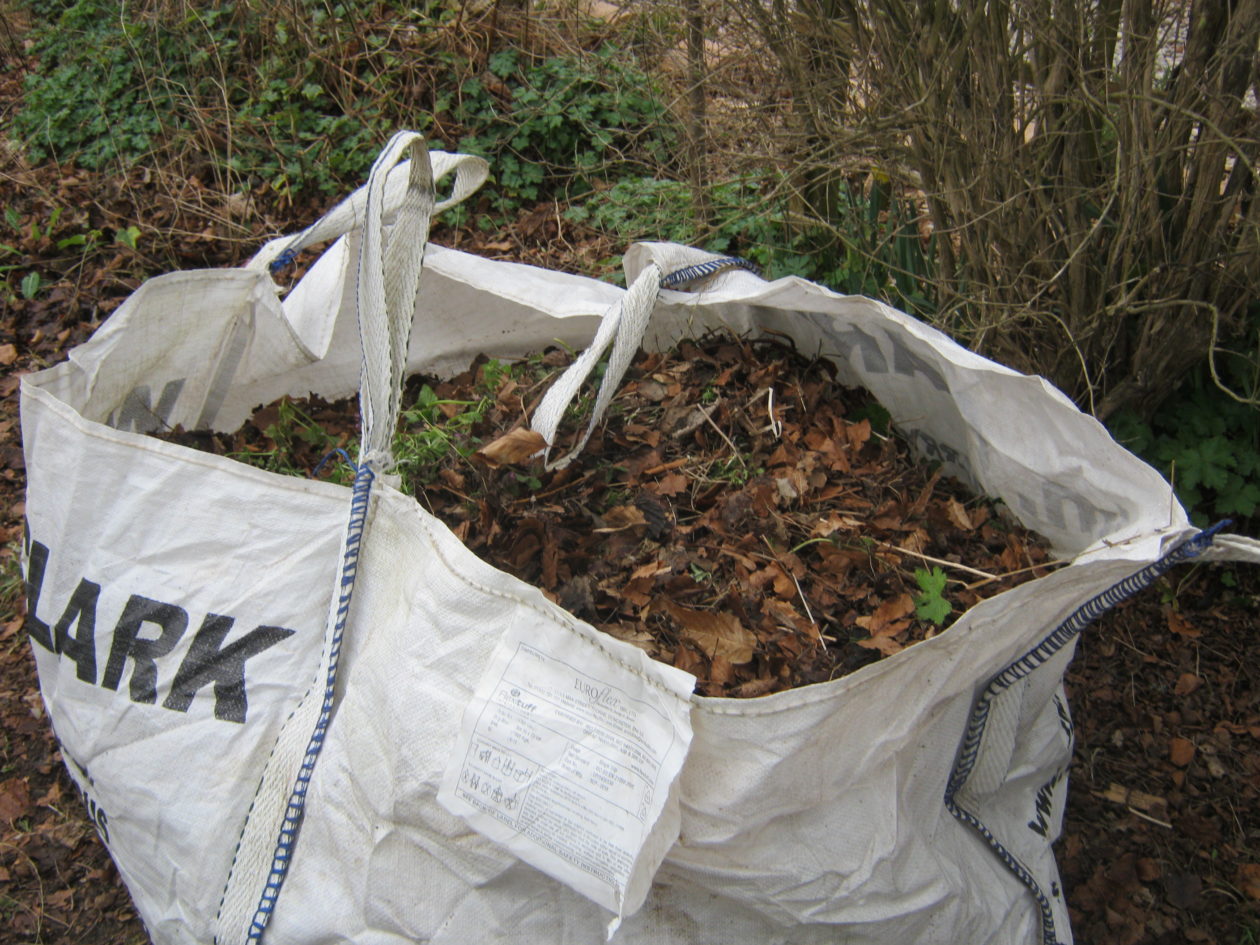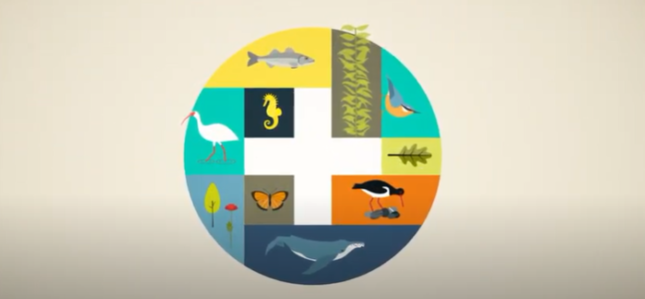P3 seem much further down the outdoor learning journey. Having worked outdoors last session we immediately organise a time in the week where we can do this again, we will be outside for almost 1.5 hours, giving us more time to practise and develop our skills. This year I am linking each piece or block of learning to a book or books.
We started with the story ‘Tidy’ by Emily Gravett. This allowed us to have a discussion about the importance of being tidy while also discussing the importance of various seasonal happenings e.g leaf litter and falling seeds.
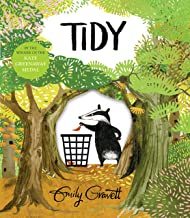
We mapped out garden area and Primary 3 came up with a list of ideas of things they would like to do and be able to play while outside. We began to action our plans and decided we needed some signs. Bringing in sandpaper and pieces of wood was the first venture into ‘risky’ activities and the children rose to the challenge. A risk assessment was completed, complete with additions due to COVID-19, goggles and gardening gloves were donned and the children rubbed down pieces of an old fence to use as panels for garden signs. The signs have since been designed and painted using Posca Pens. Primary 3 this term have created some great woven shapes and have begun planting up the tyres. We have plans to lay down membrane over our garden area, spread our stones and create an outdoor kitchen and shop where the children can engage in role play.
- Garden Signs
- Garden Signs
- Weaving
- Planting
- Planting
- Planting
